From the journals
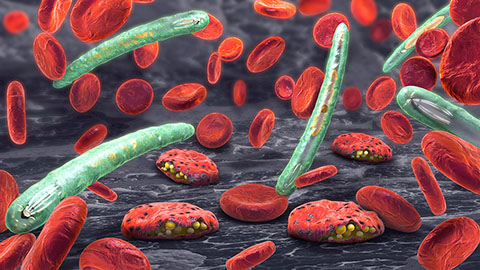
AI-designed biomarker improves malaria diagnostics
Researchers from the University of Melbourne engineered Plasmodium vivax diagnostic protein with enhanced yield and stability while preserving antibody-binding, paving the way for more reliable malaria testing.

Matrix metalloproteinase inhibitor reduces cancer invasion
Scientists at the Mayo Clinic engineered a TIMP-1 protein variant that selectively inhibits MMP-9 and reduces invasion of triple-negative breast cancer cells, offering a promising tool for targeted cancer research.

Antibiotic sensor directly binds drug in resistant bacteria
Researchers at Drexel University uncover how the vancomycin-resistant bacterial sensor binds to the antibiotic, offering insights to guide inhibitor design that restores antibiotic effectiveness against hospital-acquired infections.
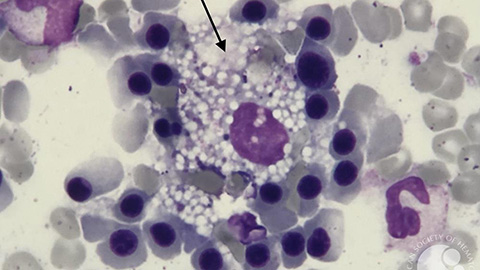
ApoA1 reduce atherosclerotic plaques via cell death pathway
Researchers show that ApoA1, a key HDL protein, helps reduce plaque and necrotic core formation in atherosclerosis by modulating Bim-driven macrophage death. The findings reveal new insights into how ApoA1 protects against heart disease.
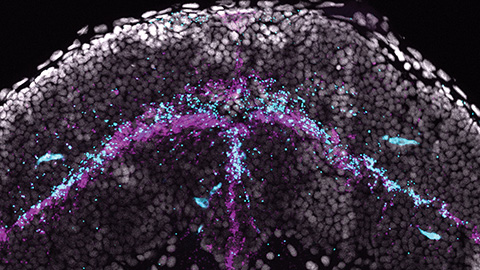
Zebrafish model links low omega-3s to eye abnormalities
Researchers at the University of Colorado Anschutz developed a zebrafish model to show that low maternal docosahexaenoic acid can disrupt embryo eye development and immune gene expression, offering a tool to study nutrition in neurodevelopment.
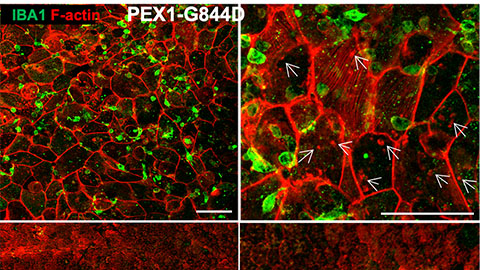
Early lipid changes drive retinal degeneration in Zellweger spectrum disorder
Lipid profiling in a rare disease mouse model reveals metabolic shifts and inflammation in the retinal pigment epithelium — offering promising biomarker leads to combat blindness.
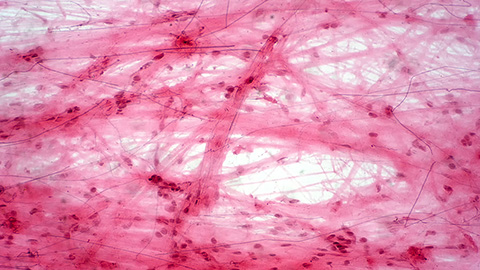
How sugars shape Marfan syndrome
Research from the University of Georgia shows that Marfan syndrome–associated fibrillin-1 mutations disrupt O glycosylation, revealing unexpected changes that may alter the protein's function in the extracellular matrix.
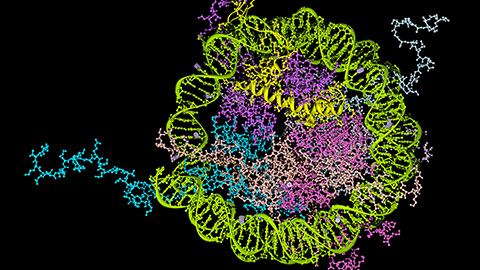
How signals shape DNA via gene regulation
A new chromatin isolation technique reveals how signaling pathways reshape DNA-bound proteins, offering insight into potential targets for precision therapies. Read more about this recent MCP paper.

A game changer in cancer kinase target profiling
A new phosphonate-tagging method improves kinase inhibitor profiling, revealing off-target effects and paving the way for safer, more precise cancer therapies tailored to individual patients. Read more about this recent MCP paper.
